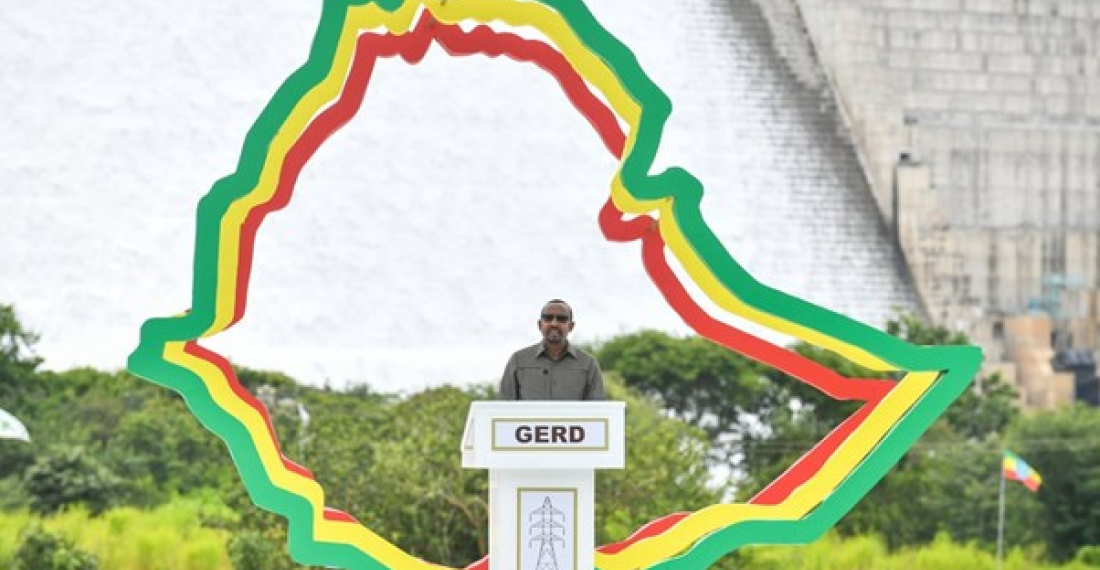Ethiopia last week opened its mega dam on the River Nile, the Grand Ethiopian Renaissance Dam (GERD).
The launch has sparked a tense diplomatic battle between Ethiopia and Egypt, with Cairo denouncing it as “an unlawful unilateral act” and protesting to the United Nations Security Council.
During an inauguration ceremony on Tuesday (9 September) Ethiopian Prime Minister Abiy Ahmed described the US$5 billion Grand Ethiopian Renaissance Dam as a “symbol of Ethiopian unity and national achievement".
Several regional leaders, including Kenyan President William Ruto and Somalia’s President Hassan Sheikh Mohamud, attended the event.
Egypt, whose life has historically centred around the River Nile, believes the dam will threaten its water supply and cause shortages. Following the inauguration, Cairo warned that it reserved the right to take all measures provided for under international law and the UN Charter to “defend the existential interests of its people”.
Sudan, has also raised concerns about dam safety and the risk of uncoordinated water releases.
As the diplomatic row escalates, China has largely refrained from taking sides. However, according to the South China Morning Post, observers said Beijing’s strong ties with all three nations put it in a better position to mediate than any other third party.
China’s involvement in what is Africa’s largest hydroelectric power dam includes providing loans for related infrastructure and contracting Chinese companies to supply equipment and build certain sections.
The dam dispute is one of the hotspot issues that China’s special envoy for the Horn of Africa, Xue Bing, has been involved in as part of Beijing’s broader effort to promote peace and development in the region.
Beijing has vast investments in Ethiopia, such as in the Addis Ababa-Djibouti Railway. It has oil investments in Sudan and is a key investor and trade partner in Egypt, particularly in the Suez Canal Economic Zone and the new administrative capital east of Cairo.
African Union-led talks that began in 2011 have failed to produce a binding deal.
During his first term, US President Donald Trump said it was a dangerous situation and that Cairo could end up “blowing up that dam”. His administration’s efforts to broker a deal failed after years of talks.
Nevertheless, Abiy said the dam was “absolutely not to harm its brothers” and was meant to “electrify the entire region and to change the history of black people”.
The dam, a national source of pride for Ethiopians, is a 5,150 megawatt powerhouse, which is more than double the country’s current capacity. It was financed mostly through domestic bonds and donations.
source: commonspace.eu, with South China Morning Post (Hong Kong) and agencies
photo: Ethiopian prime minister, Abiy Ahmed, speaking at the launch of GERD (picture courtesy of SCMP/Xinhua)







